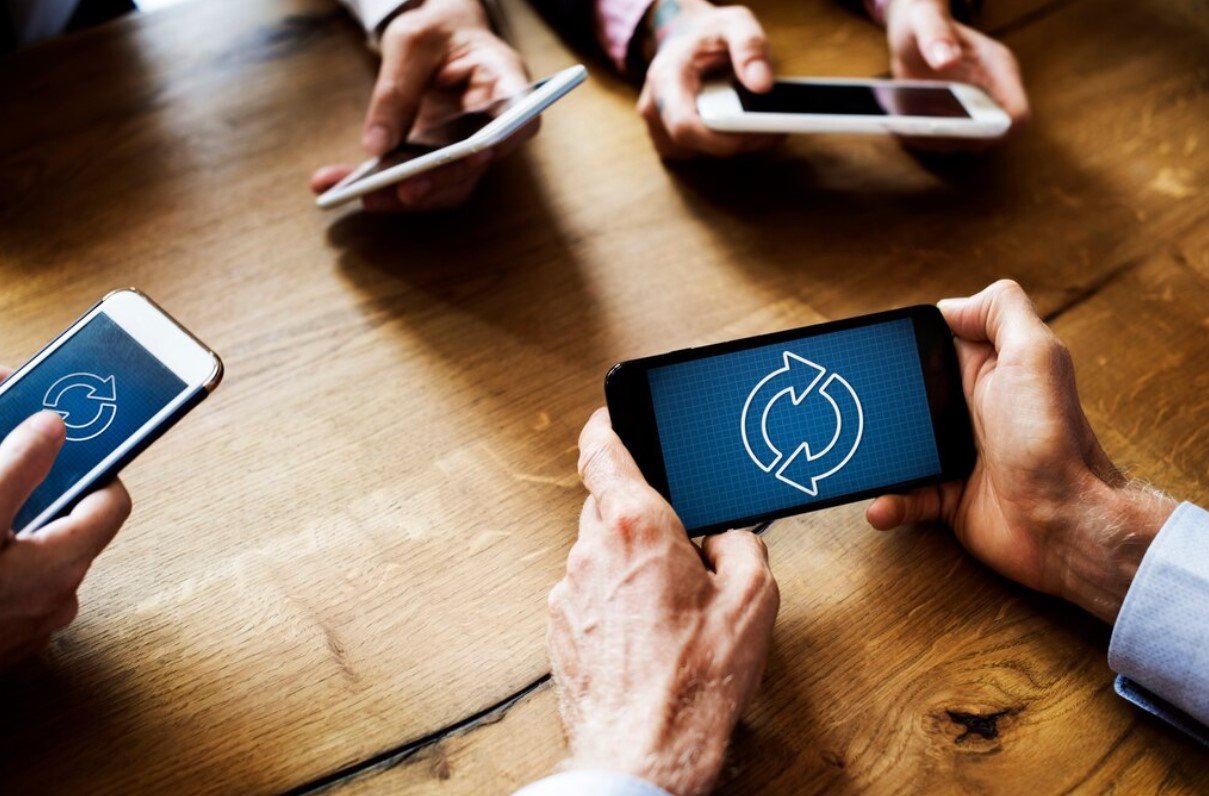Apple has recently announced some major changes to its App Store and iOS ecosystem in the European Union, in order to comply with the Digital Markets Act (DMA). The DMA is a set of rules that aims to ensure fair and open competition in the digital sector, and to protect consumers and businesses from unfair practices by dominant platforms.
Some of the changes that Apple is implementing include:
Allowing Alternative App Marketplaces and Payment Methods
- Apple will allow iPhone users in the EU to download and install apps from alternative app marketplaces, such as F-Droid, Aptoide, or Amazon Appstore, without having to jailbreak their devices.
- Apple will also allow app developers to offer alternative payment methods within their apps, such as PayPal, Stripe, or cryptocurrencies, without having to pay Apple a 30% commission fee.
- These changes will give iPhone users more choice and flexibility in how they access and pay for apps and services on their devices, and will also enable app developers to reach more customers and generate more revenue.
Removing Safari and Switching Browsers

- Apple will allow iPhone users in the EU to remove Safari from their devices entirely, and to choose another browser as their default.
- Apple will also provide a browser switching solution that will let users export and import their browser data, such as bookmarks, history, and passwords, into another browser on the same device.
- These changes will give iPhone users more control over their browsing experience, and will also enable browser developers to offer more features and innovations to their users.
Supporting Third-Party Browser Engines and NFC Access
- Apple will allow browser developers to use third-party browser engines, such as Chromium or Gecko, on iOS and iPadOS, instead of being restricted to Apple’s own WebKit engine.
- Apple will also allow third-party payment apps, such as Revolut, N26, or Curve, to access the iPhone’s NFC chip for contactless payments that are not done through Apple Pay.
- These changes will improve the interoperability and compatibility of iOS and iPadOS with other platforms and technologies, and will also enable more competition and diversity in the browser and payment markets.
Making Data Transfer Easier
- Apple will work with other mobile operating system providers, such as Google and Samsung, to create more user-friendly solutions for transferring data from an iPhone to a non-Apple phone.
- Apple will also provide more options and guidance for users who want to switch from iOS or iPadOS to another operating system, such as Android or Windows.
- These changes will make it easier for iPhone users to switch to another device if they want to, and will also reduce the lock-in effect of Apple’s ecosystem.
These changes are expected to be implemented by the end of 2024 or early 2025, and will only apply to users and developers in the European Union. Apple says that these changes are in line with its values of privacy, security, and quality, and that it will continue to offer the best products and services to its customers worldwide.









